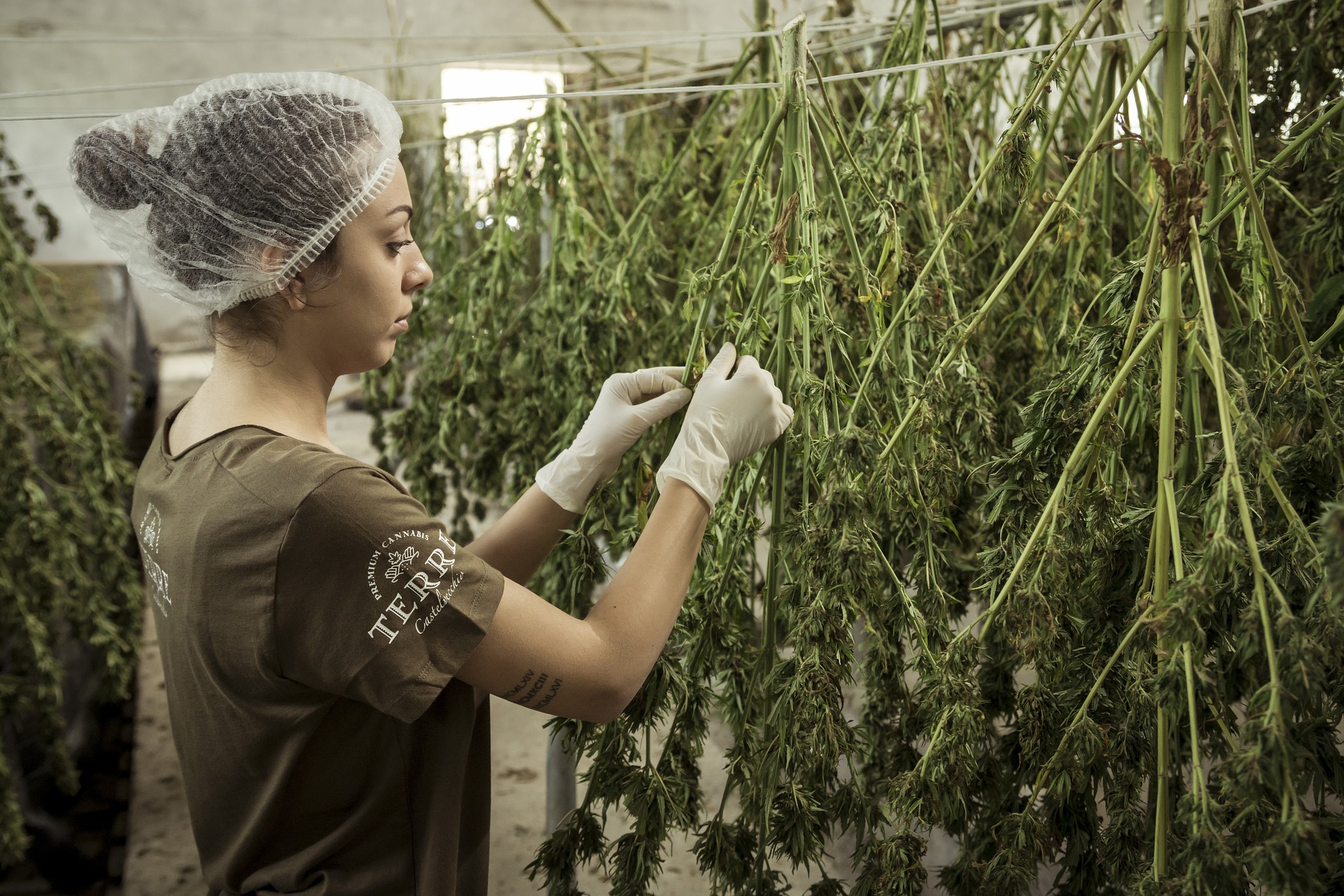Post-traumatic stress disorder (PTSD) can be an incredibly debilitating mental health issue. Individuals with the condition often relive their trauma repeatedly in the form of intrusive memories, nightmares, and flashbacks. PTSD can cause people to feel constantly on edge, which can contribute to the development of anxiety and depression, as well as a reduced quality of life. If you have PTSD, it’s important to explore all of your options when it comes to finding treatment. For some people, cannabis can be an effective way to manage the symptoms of PTSD. Here’s why:
1. A Calming Ritual
Cannabis can be consumed in a number of ways. Whether you opt for a decked-out bong complete with an Ash Catcher, a hand-rolled blunt, or some edibles, the act of consuming cannabis can be a calming ritual in and of itself. Having a routine is a helpful way to de-stress and ground yourself in the present moment. The process of preparing your cannabis, taking the time to consume it, and then relaxing afterward can help to take your mind off of your trauma and provide some much-needed relief from intrusive thoughts. When it comes to trauma treatment, it’s always a good idea to have a set plan on what to do if you’re feeling on edge, or something has triggered a painful memory.
2. Stress And Anxiety Management
Cannabis is well-known for its ability to help people relax. For people with PTSD, this effect is invaluable. Cannabis can help to reduce anxiety symptoms and stress, making it easier to cope with intrusive thoughts and memories. In some cases, cannabis can even help people to confront their trauma in a more constructive way because it enables them to approach these repressed issues with less intense emotions. Of course, facing your trauma head-on before you are mentally and emotionally prepared could have adverse effects. This is why it’s strongly recommended that you seek the guidance of a mental health professional.
3. Improved Sleep Quality
One of the most common symptoms of PTSD is insomnia. This can make it hard to get a good night’s rest, which can in turn exacerbate other symptoms like fatigue, difficulty concentrating, anxiety and depression. Cannabis can be helpful in this regard because it has sedative qualities that can promote deeper, more restful sleep. In addition, cannabis can also help to reduce the frequency of nightmares, which can further improve your sleep quality. Some of these beneficial effects will depend both on the strain used, as well as the user’s unique biology. If you feel like the strain you’ve chosen isn’t providing you with the desired results, you might want to consider trying a different one, as well as a different dose.
4. Serotonin Regulation
PTSD can cause a number of imbalances in the body. A common concern is an imbalance in serotonin levels. Serotonin is a neurotransmitter that’s responsible for regulating mood. Low levels of serotonin is often associated with depression.
Cannabis can help to regulate serotonin levels, which can, in turn, improve your mood and make it easier to cope with symptoms of PTSD. If you are taking antidepressants, talk to your therapist before introducing cannabis into your treatment plan. In some cases, the natural compounds in cannabis may interact with medications you are taking. Additionally, it’s important for your mental health professional to be aware of your cannabis use so he or she can have a better understanding of all the factors that are contributing to your progress in therapy.
While cannabis may not be a cure-all for PTSD, it can be an effective way to manage some of the symptoms. If you’re considering using cannabis to treat your PTSD, it’s important to talk to your doctor first. Your doctor can help you to understand the risks and benefits associated with this form of treatment. You may be pleasantly surprised at how well it works for you.


